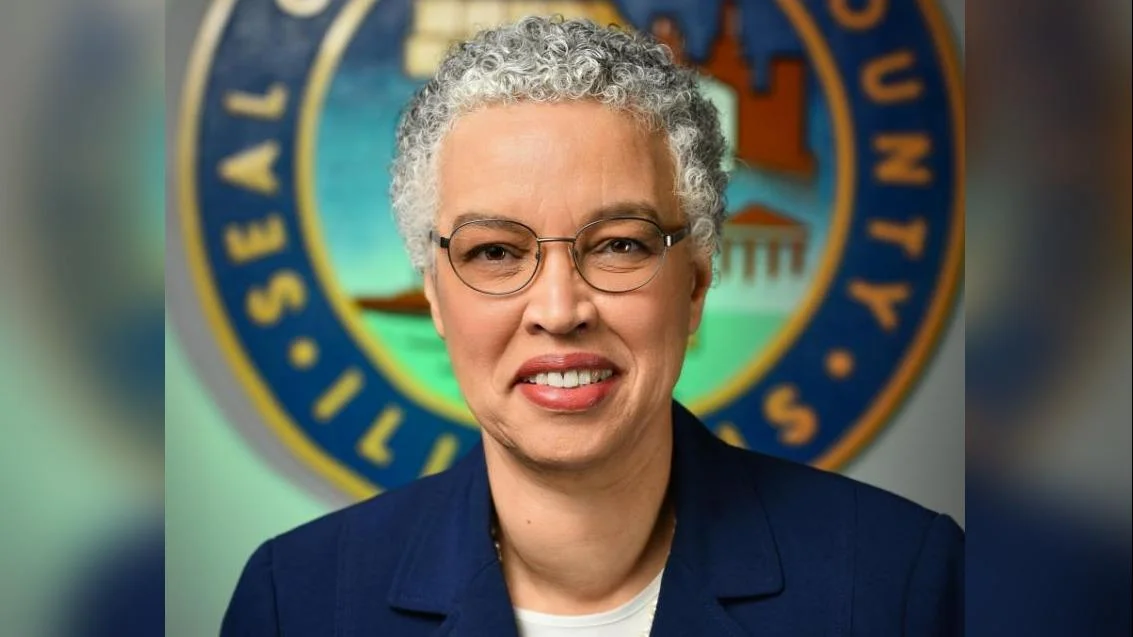“…And also with you” are words exchanged during Sunday worship services and other occasions within congregations where peace is passed or shared as part of the liturgy. The gesture of extending a handshake, a hug, a peace sign, or other acknowledgments is symbolic of the giving and receiving of God's peace, reflecting reconciliation and unity within the church community.
Peace is considered essential for the well-being of individuals worldwide, yet remains an elusive quality for many. It is often thought of as the absence of war, defined as “a state of tranquility or quiet,” but it encompasses much more than avoiding armed conflict.
The Geneva Academy of International Humanitarian Law and Human Rights is currently tracking over 110 armed conflicts around the globe. They note, “Some of these conflicts make the headlines, others do not. Some of them started recently, while others have lasted for more than 50 years.” There is a desire for these conflicts to be resolved, so residents can live without fear and despair, elements often accompanying the disregard for human life.
In 1985, the 15th General Synod adopted the pronouncement, “Affirming the United Church of Christ as a Just Peace Church.” This pronouncement has been pivotal in shaping the church's mission, embracing frameworks and affirmations of what it means to hold such a designation, along with the commitment to justice. The resolution states, “As a Just Peace Church, we embody a Christ fully engaged in human events. The church is thus a real countervailing power to those forces that divide, that perpetuate human enmity and injustice, and that destroy.”
With this commitment, the church seeks to counter forces that divide and destroy human relationships, emphasizing human life and flourishing. A countering force is necessary to address the dismissal of people's rights and the injustices of the present day, when love and compassion are lacking.
The 15th General Synod also outlined thirteen marks of a Just Peace Church, urging local churches to aspire to these ideals.
Recent research highlights obstacles to peace in areas of conflict, noting the impact of misinformation and disinformation. Misinformation can harm public health, impact climate change initiatives, and threaten democracy, thereby robbing communities of peace. The fabrication of narratives damages the pursuit of peace.
For peacekeeping forces and peace missions, misleading information poses challenges. The spread of misinformation and hate speech complicates efforts to nurture peace, even in seemingly peaceful environments. Social media and independent news sources may exacerbate these issues by undermining trust and open communication.
People of faith are urged to confront the divisive weaponization of words and ensure truth-telling as part of their peace efforts. The General Synod Resolution suggests fostering “A community of honest and open conflict, a zone of freedom where differences may be expressed, explored, and worked through in mutual understanding and growth.”
Prophet Jeremiah's words ring true today: “They have treated the wound of my people carelessly, saying, ‘Peace, peace,’ when there is no peace” (Jeremiah 6:14). Passing the peace is not just a ritual; it embodies a commitment to reconciliation and living out God’s love across the globe.
 Alerts Sign-up
Alerts Sign-up





